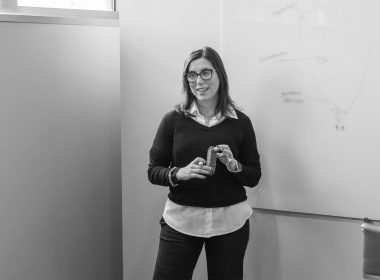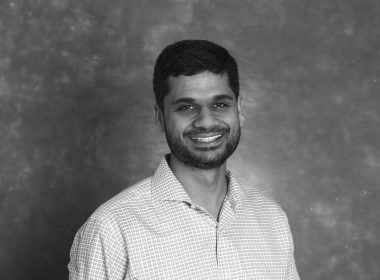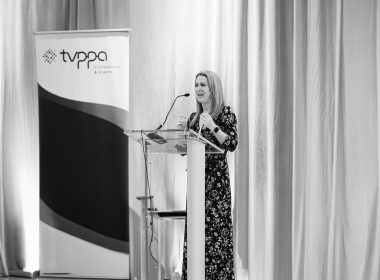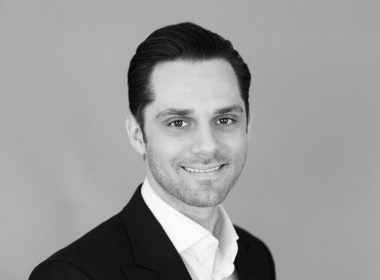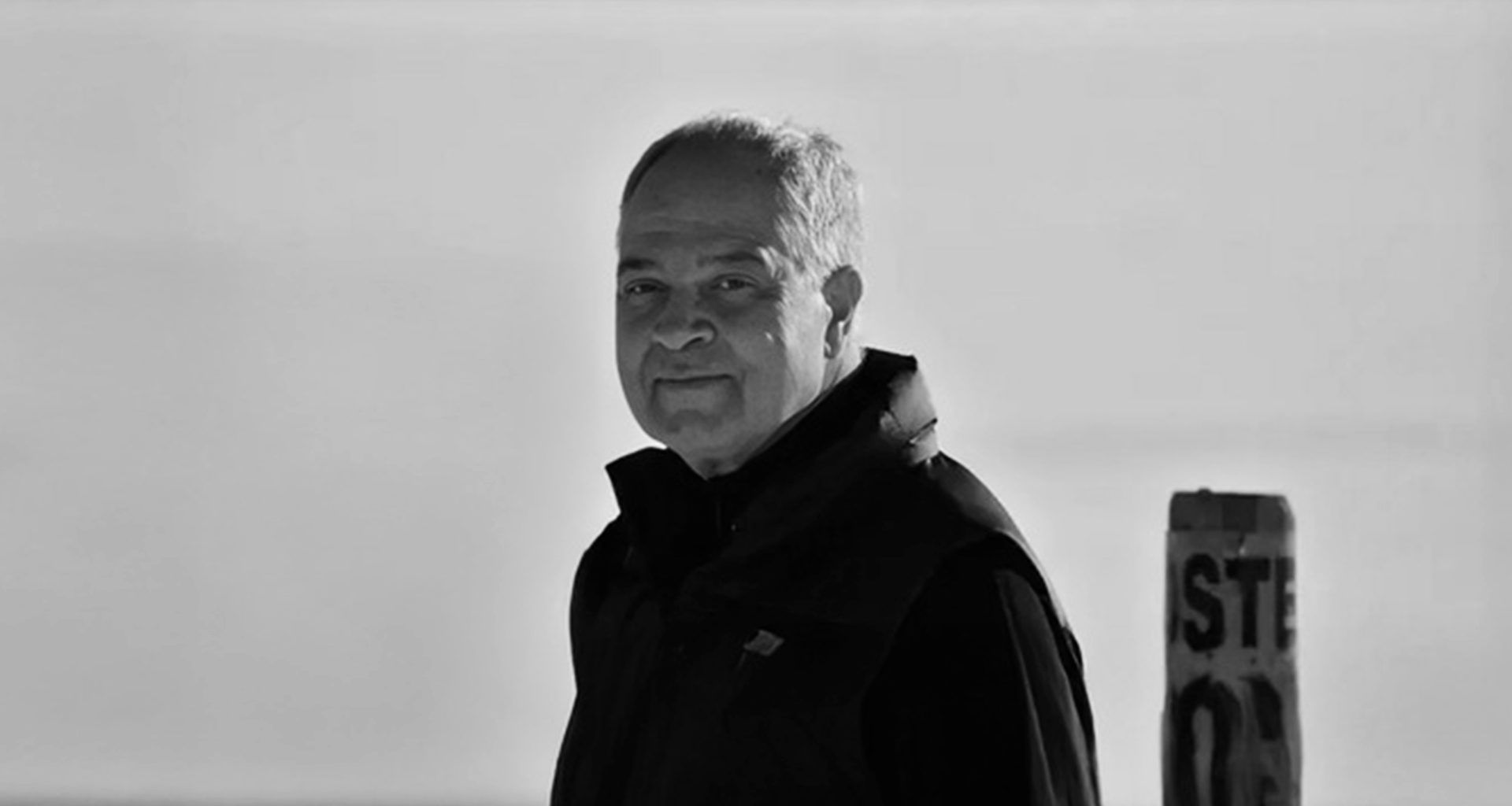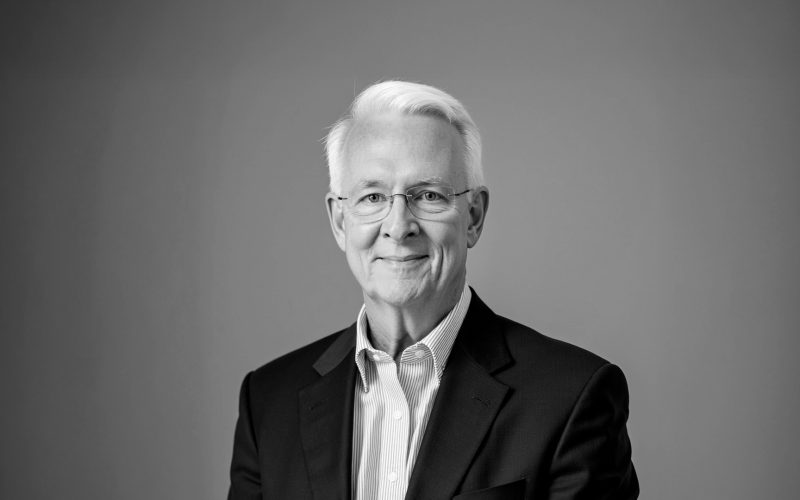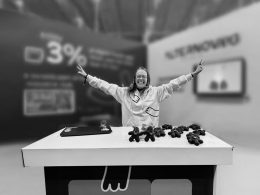Cancer treatment has evolved dramatically over recent decades, but one fundamental truth remains unchanged: catching the disease early makes all the difference between life and death. The medical community continues to search for breakthrough treatments, yet the most powerful weapon already exists in our hands. Frederic Scheer, CEO of ALERCELL, a molecular diagnostic company pioneering AI-driven cancer detection, brings over 30 years of biotech and diagnostics experience to this critical mission.
Highlighting the Power of Early Detection
Scheer has seen enough cases to know that timing changes everything. The statistics tell a brutal story that most people try to ignore until it hits close to home. “When cancer is caught early, survival rates increase exponentially,” he explains, but the real shock comes when you see the actual numbers. Stage 1 lung cancer gives patients a five-year survival rate above 67%. Wait until stage 4, and that number crashes to about 10% and lower. You can’t argue with these statistics. “Time isn’t just money in healthcare. Time is life,” Scheer says, cutting through any debate about whether early screening really matters. Every month a patient waits to get tested could be the difference between beating cancer and losing to it. The medical community has known this for years, but knowing something and acting on it are two very different things
Delivering Real Results with AI Tools
For years, the healthcare industry has been promising breakthrough technologies that never quite materialized. AI was supposed to change everything, but mostly it just created more hype than results. That’s finally starting to change, and Scheer’s company is part of the reason why. “Technology is finally on our side,” he notes, describing how ALERCELL uses AI-powered molecular diagnostics to spot cancers such as leukemia and lung cancer much earlier than traditional methods. The difference isn’t just academic. These tools are working in clinics with patients right now. “This isn’t the future, it’s happening now,” Scheer emphasizes, pushing back against the idea that effective cancer detection is still years away. The technology exists, it works, and it’s ready to be used wherever doctors need it most.
Encouraging Screening as a Normal Routine
Having great technology means nothing if people won’t use it. That’s the problem Scheer runs into constantly. People know they should get screened for cancer, but fear and confusion keep them away from the doctor’s office. “We must remove the stigma, fear, and confusion around screening,” he argues, tackling the human side of a medical problem. The goal sounds simple enough: make cancer screening feel as normal as getting your teeth cleaned. But changing how people think about medical tests isn’t easy, especially when those tests involve the possibility of finding something scary. “Early detection should be as normal as an annual physical because catching cancer early shouldn’t be the exception. It should be the rule,” Scheer explains. Getting there means changing not just technology, but attitudes.
Most cancer conversations focus on treatment, not prevention. Doctors talk about new drugs and surgical techniques, but less about stopping cancer before it becomes unstoppable. Scheer thinks that’s backwards, and he’s got the data to prove it. “Early detection is not just a strategy, it’s our best shot at victory,” he states, making the case that prevention beats treatment every time. The tools exist to make this happen, but using them requires action from everyone involved. “With the tools in hand, it is our responsibility to act,” he challenges, putting the pressure on medical professionals and patients alike. The shift needs to happen at every level, from individual choices about screening to healthcare policies about prevention. Real change means moving away from fear-based thinking about cancer toward taking control of the situation. “Let’s shift from reaction to prevention, from fear to control, and give patients back the most precious thing they have, which is time,” Scheer concludes. It’s not about promising miracles, just using what works.
Connect with Frederic Scheer on LinkedIn to explore how AI is transforming cancer detection.

